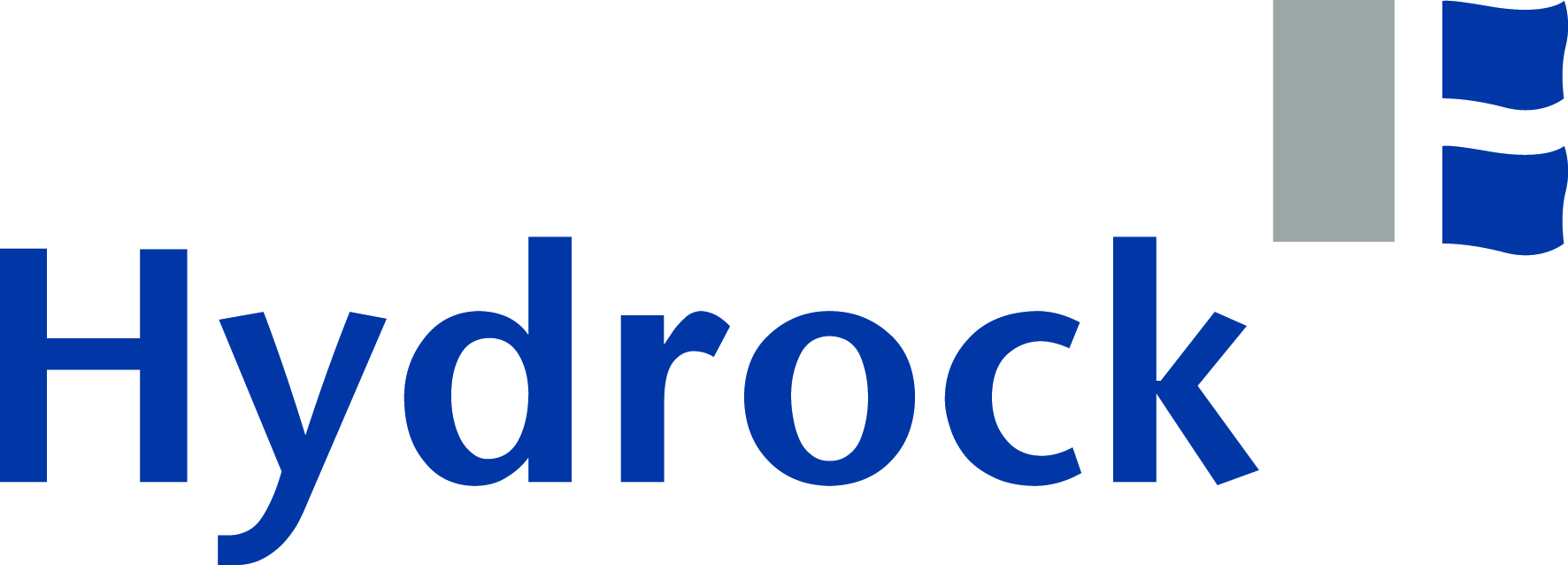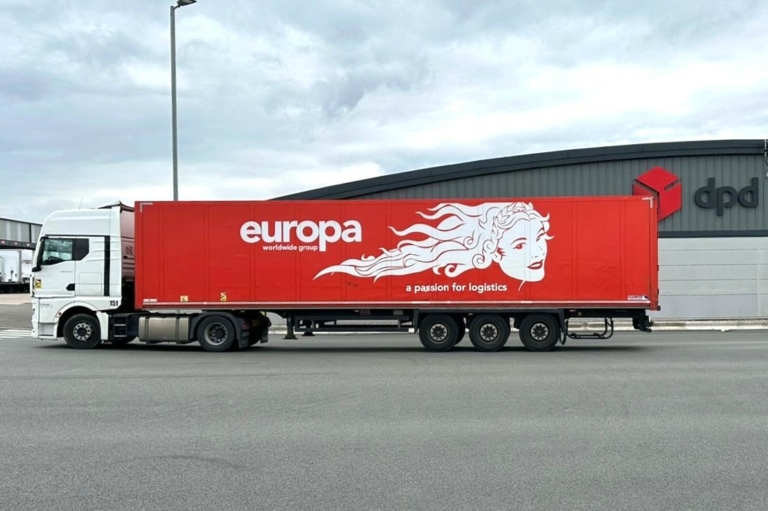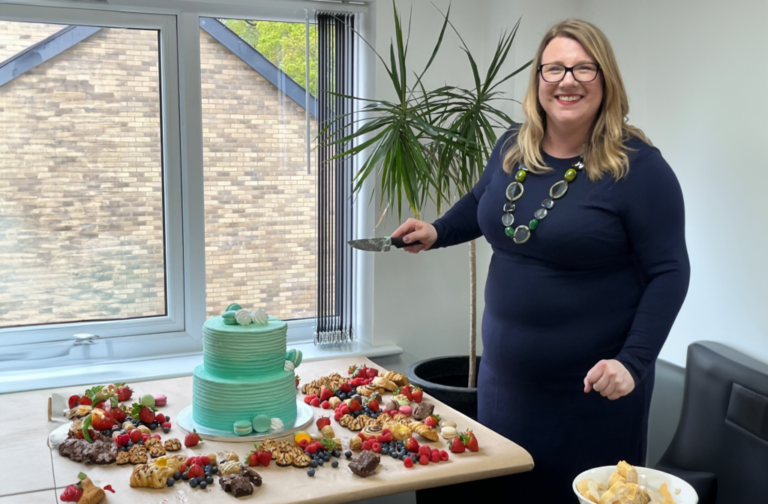Breaking down barriers to female entrepreneurship in the South West

The South West is a hub for entrepreneurship, with 42,000 start-ups launched in the region in 2023 alone. Despite difficult economic conditions, innovative businesses are continuing to strive for growth. But navigating this challenging environment is more difficult for female entrepreneurs who continue to face barriers to achieving their vision.
In 2023 the Gender Index, which tracks female-led companies nationwide, found that female led businesses made up 16.2% of businesses in the South West, with only 25% of them having accessed external capital. The difficulty obtaining equity funding, in particular, continues to prevent female led businesses from flourishing.
According to the Small Business Finance Markets Report 2024, published last week by the British Business Bank, the share of equity deals to teams with at least one female founder has increased by almost ten percentage points over the past decade, but the share of investment going to all-female teams has remained static at just 3%.
The annual Government review into female entrepreneurship, first published in 2019 and subsequently delivered by NatWest, demonstrated that up to £250bn of new value could be added to the UK economy if women started and scaled new businesses at the same rate as men. This was echoed in the Government’s Women-Led High-Growth Enterprise Taskforce report published last week.
So the question remains, what are the barriers to female-led businesses in the region obtaining external funding to drive growth?
Meet Philippa Roberts, Co-Founder of data-driven circular economy business Binit, and Sara Hill, Founder of RoleMapper, a HR tech provider. Both understand the challenges of setting up a business in the South West and pitching for investment. Their businesses have recently benefitted from equity investment from the £200m South West Investment Fund, set up by the British Business Bank last year.
Tech-led commercial waste and recycling business Binit received £750,000 as part of a funding round led by the South West Investment Fund and includes co-funding of £250,000 from private equity investor Yeo Valley Associates. RoleMapper, the AI-powered job management platform, secured a £1million equity investment as part of a £2.1million funding round that will support the development of AI models and overall growth of the business.
Pitching for investment
Fewer female led businesses seek external funding compared to their male counterparts, and when they do there is a disparity in those receiving investment. The pitching process itself is where gender bias can influence decision making and hamper female entrepreneurs from obtaining funding, with the recent Small Business Finance Markets Report 2024 highlighting female founders are typically asked more defensive questions when pitching.
Philippa, who recently went for her third successful round of funding for Binit said: “Compared to when I went for my first round of funding, the pitching landscape has improved. But one thing that stood out was that my company valuations were often lower than male counterparts in the room despite the fact I was generating more revenue and gaining more market traction. Investors saw that as an indication of being less ambitious, but I think they were realistic targets which I could deliver on.”
This experience rings true for Sara who had a vision for her company but wanted to make sure she could deliver. “Every entrepreneur needs a hot proposition that has market potential and is scalable. I am sure that hidden biases exist, but they are hard to put your finger on. The pitching process is not always transparent, and I have experienced first-hand how investors can easily make assumptions about you as a female founder. I was asked on more than one occasion what my husband does and how old my children were. Investors are placing a bet on you and at the end of the day it comes down to whether you have a good, scalable business or not, but I think the industry could do with some transparency.
“The challenge is that investors don’t have a transparent and systematic approach to assessing organisations and there are not solid metrics in place to track this. This means it’s really hard to understand why you don’t make the cut and see where there are additional barriers for women. In the same way we have metrics around percentages of women on boards and the gender pay gap, I think it would be interesting to start tracking the pipeline of pitches and those who were successful. Data can help identify where the issues lie – is it in the number of start-ups coming through the pipeline or is it in the process itself?”

According to the British Business Bank’s latest Small Business Finance Report, the well-documented lack of representation and diversity across the UK venture capital (VC) industry and investment decision-makers across gender, ethnicity and socioeconomic background has shown limited signs of improvement over the past few years. The report goes on to rank improving the diversity of senior decision makers, including investment committees, and investment teams sourcing propositions, as the most effective actions in improving diversity of investment.
Networking and finding funding
The lower levels of finance and investment going to underserved founders over the past decade have implications for their ability to grow their businesses. This creates a missed opportunity in terms of returns for finance providers and economic growth. An essential part of finding funding is networking, but it’s not an even playing field.
Philippa said: “Finding how and where to pitch for funding is still in large part down to your networks. This tends to be easier for men who more often have some awareness through other people who have done it before. When I started out, I had no idea what I was doing or how to get where I needed to be.”
It goes without saying that balancing starting up a new business and caring responsibilities is a massive challenge to finding funding, and women continue to be statistically more likely to bear the brunt of caring responsibilities. This can make networking more difficult and Philippa struggled to access industry events scheduled during breakfast due to her child’s schooling commitments.
Expanding networking opportunities for women in business is therefore vital to encouraging and supporting women to feel confident in pitching their business in the right way, to the right people, and at the right time. Progress is being made, with networking events and educational resources aimed at improving diversity in the sector. Last year, NatWest launched Electra, a network to support women in business across the West of England, and the UK Business Angels Association continue to host events aimed at creating a more diverse and equitable investment landscape.
Breaking down barriers
So how can the industry support female led businesses to thrive? Five years ago, a Government commissioned report made several recommendations to break down barriers to female entrepreneurship including transparency in UK funding allocation, increasing funding going to female businesses, expanding networking opportunities and improving access to expertise.
According to the Small Business Finance Markets Report 2024, a lack of data on funding to female-led businesses makes measuring progress difficult. For Sara, improving transparency in funding allocation is top of her list. “The whole ecosystem needs to be more transparent, with visibility of those people applying for funding, the pipeline and the funds themselves. This would help us better understand where the barriers are for women.”
Philippa also believes there are important strides needed to improve access to funding for female entrepreneurs. “The industry needs to think not just about making more funding available for women, but how women can access it. Funding pots are currently fragmented, so finding out where the money is, let alone pitching for it, is a challenge. We need a more transparent process to help women.”
One of the regional funds looking to break down barriers to small business investment is the British Business Bank’s £200m South West Investment Fund. The British Business Bank exists to lower the financial barriers that hold entrepreneurs back from achieving their growth vision. Through its regional investment programmes, with a total commitment of £1.6 billion across the country, the Bank is helping to enable equal opportunities and support for all talented and would-be entrepreneurs across the UK.
As one of the 241 signatories in the Investing in Women Code, the British Business Bank supports the advancement of female entrepreneurs through access to tools, resources and finance. Importantly, research demonstrates that signatories to the Investing in Women Code outperform the wider equity market in terms of their investment in female founders.
Jody Tableporter, Director, Nations and Regions Investment Funds, British Business Bank, said: “We have a strong commitment to diversity and inclusion through the investments our programmes make, and increasing the level of support for female entrepreneurs is a big part of what we do.
“We’ve already been putting this into action through our Start Up Loans programme which has delivered over 3,840 loans to female led businesses in the South West, equalling 40% of the loans made since 2012. This equates to over £34 million and means the South West ranks fourth regionally by number of loans made to female led business.
“But access to equity remains a challenge and has been flat for the last decade with all female founder teams receiving just 3% of total equity investment. Through a combination of our own internal practices, and regional networks and funds, we are seeking to address that and shape the attitudes and actions of the wider market to increase availability of equity funding to female founding teams. As Sara and Philippa’s past experiences have shown, there is still a long way to go but we are delighted that the South West Investment Fund is backing these female entrepreneurs in the region and we look forward to investing in many more.”
The South West Investment Fund covers the entire South West region and provides loans from £25k to £2m and equity investment up to £5m to help a range of small and medium sized businesses to start up, scale up or stay ahead. Applications for funding are made directly to the relevant fund managers who can be contacted via the South West Investment Fund website www.southwestinvestmentfund.co.uk














